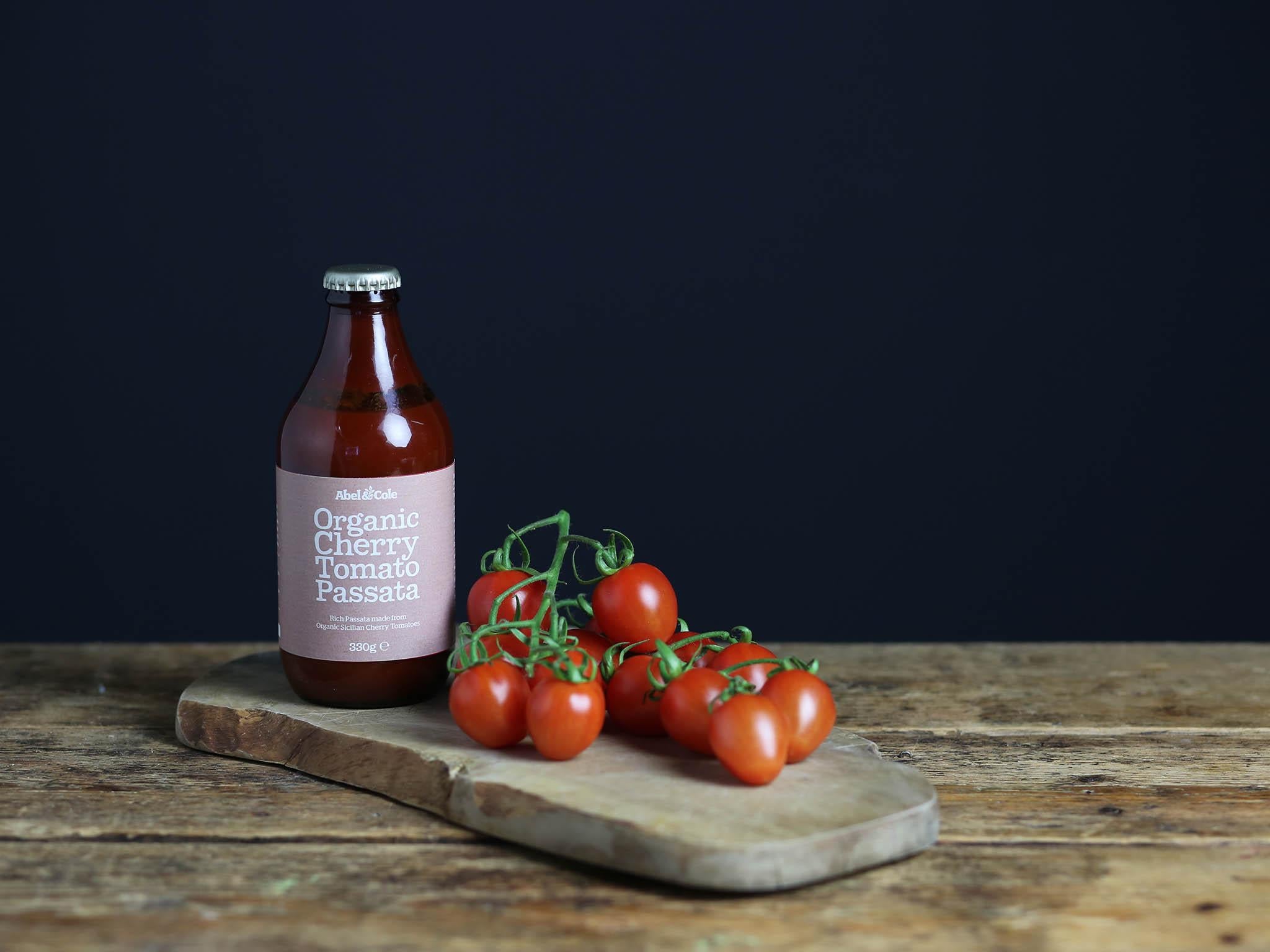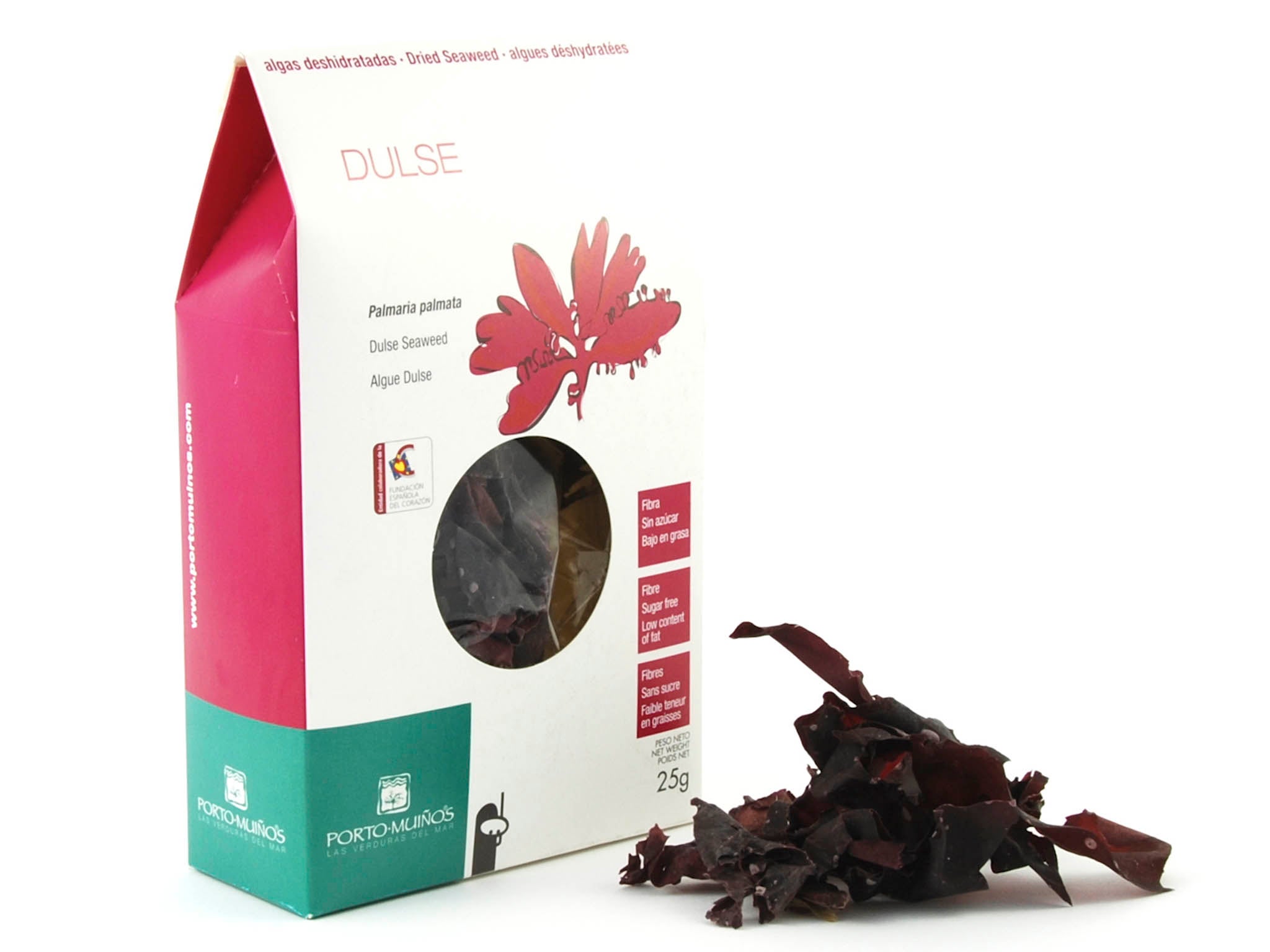Counter culture: The storecupboard organic essentials you need
So-called ‘grocery’ organic foods are the staples you keep in your cupboard, and they're on the rise. Julia Platt Leonard finds out how to make your kitchen more ethical

Your support helps us to tell the story
From reproductive rights to climate change to Big Tech, The Independent is on the ground when the story is developing. Whether it's investigating the financials of Elon Musk's pro-Trump PAC or producing our latest documentary, 'The A Word', which shines a light on the American women fighting for reproductive rights, we know how important it is to parse out the facts from the messaging.
At such a critical moment in US history, we need reporters on the ground. Your donation allows us to keep sending journalists to speak to both sides of the story.
The Independent is trusted by Americans across the entire political spectrum. And unlike many other quality news outlets, we choose not to lock Americans out of our reporting and analysis with paywalls. We believe quality journalism should be available to everyone, paid for by those who can afford it.
Your support makes all the difference.Think of organics and you might think of organic fruit and vegetables, milk or meat. But the category that is becoming the most popular, according to a report by the Soil Association, isn’t any of these – it’s what’s called “grocery”. Grocery includes the things you’ve got stashed in your cupboards – oil and vinegar, ingredients for baking, biscuits – and it counts for 2 per cent of overall organic sales.
This isn’t a surprise to Kate Hackworthy, baker, blogger, food writer and author of Veggie Desserts + Cakes. She always has on hand organic flour, cocoa powder, chocolate, oats and sugar. “A few years ago, I went to a cocoa plantation in the Caribbean and it was immediately apparent how important it is to choose organic. From fewer pesticides and improved nutrition to organic farming being better for the planet, it’s a choice that affects our health and the environment. To me, all of that completely justifies the slightly higher price.”
For Hackworthy and others who are shunning conventionally grown foods in favour of organic, stocking cupboards with organics is an easy win for a more ethical kitchen. “Organic food often tastes better and is a higher quality product, but I don’t choose it just for me. Although I don’t want to consume a cocktail of chemicals in my food, it’s about lessening the impact of the food,” Hackworthy says.

The growth in organic staples is good news for food companies like Steenberg spices. Husband and wife Sophie and Axel Steenberg founded the company in 2003 selling spices, herbs, and teas that are organic and fairly traded. “Our idea was that good food comes from great ingredients and that great ingredients should be natural, slowly grown and minimally processed as possible, and that these should be bought and made in a way that was respectful to all people in the food chain,” Axel Steenberg says.
For consumers, this ticks an important box, but do organics taste better? For the Steenbergs, the answer is an unequivocal yes. “They have a purer, cleaner and deeper flavour. I can genuinely smell the chemicals often on non-organic products and tasting them is much less intense and rich experience.”

Their most popular organic products in their bakery line include rose water, orange flower water and vanilla extract. For spices and herbs, the top sellers include everything from black pepper to turmeric, cayenne and cinnamon. While it’s great news that organics are growing in popularity, it isn’t always easy to source organic products. “It’s getting harder in three ways,” says Axel Steenberg. “Costs have escalated in many areas because of the weaker pound; there is less to go around because of increased demand; quality is not always that great in the market.”
Sourcing organic products
is a challenge agrees Nicola Lando, co-founder and director of online specialty food retailer, Sous Chef. “I’d generally prefer to sell organic. Yet, I also want to give customers access to the highest quality products.” So, she sells organic chestnut flour and tomatoes from Italy as well as organic Spanish seaweeds, while their Italian pasta is not organic. “From some countries, the higher quality artisan product is usually organic, from others, not necessarily,” she adds.
At online retailer Abel & Cole, store cupboard products have become an important part of their business. They say leaders include the basics that most of us have on hand in our kitchens like, olive oil and balsamic vinegar, porridge oats, strawberry jam, mayonnaise and marmalade. Their organic passata – another leader – is made from their Sicilian grower’s over-ripe cherry tomatoes so it’s not only organic but also a clever way to reduce food waste.
Renée Elliott, founder of organic food retailer Planet Organic says they often see shoppers shifting gradually to organics. “Most people change to organic in stages, starting with fruit and veg and progressing to body care products like shampoo, deodorant and face cream,” she says. Making the change in the cupboard is important, she says, especially when it comes to wheat and grain-based products. “It makes sense to buy organic as many chemical residues remain on the outer layer of intensively farmed grains.”
Join our commenting forum
Join thought-provoking conversations, follow other Independent readers and see their replies
Comments